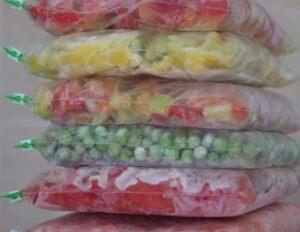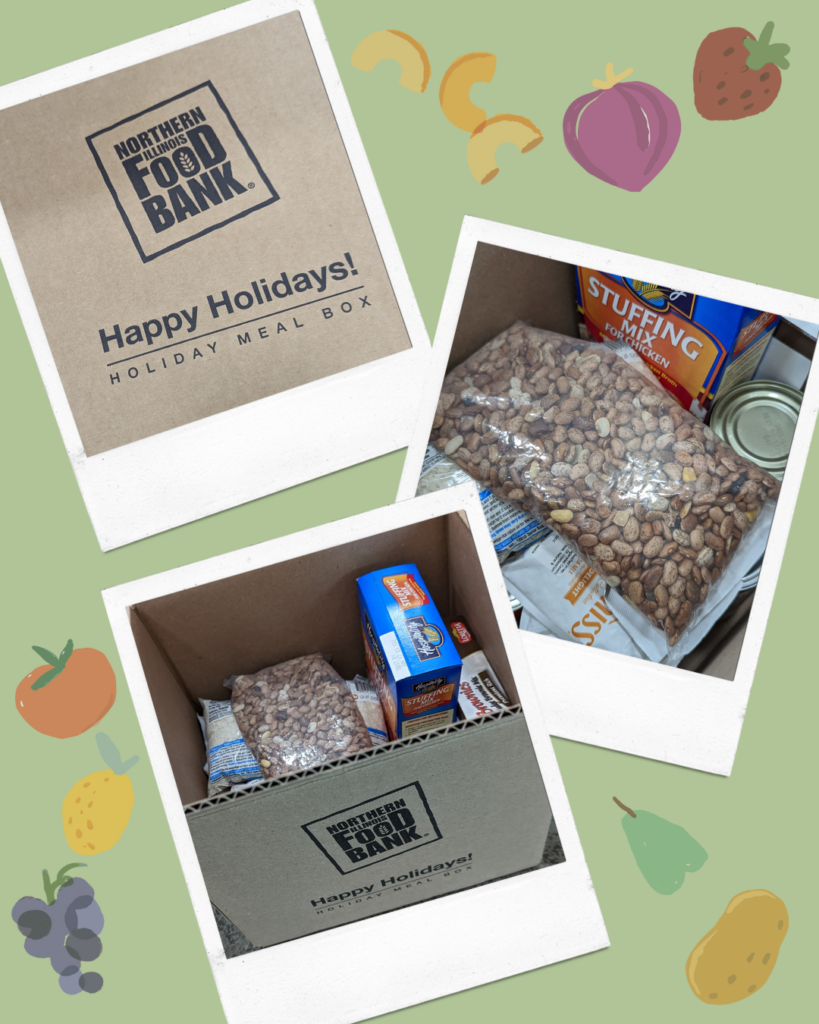Consumer food waste is a worldwide challenge, but a few habits and changes at home can make a huge difference!
1. Compost your leftovers
Do you have a garden? If not, do you know someone who does? If the answer is yes, composting is a terrific way to use your kitchen scraps! Composting speeds up the decomposition process by providing an ideal environment for organisms such as bacteria, worms and fungi, to do their work. With your food scraps, these organisms will produce compost, a nutrient-rich substance often referred to as “black gold,” which can be sprinkled around your plants. It’s the key to a happy and healthy garden!
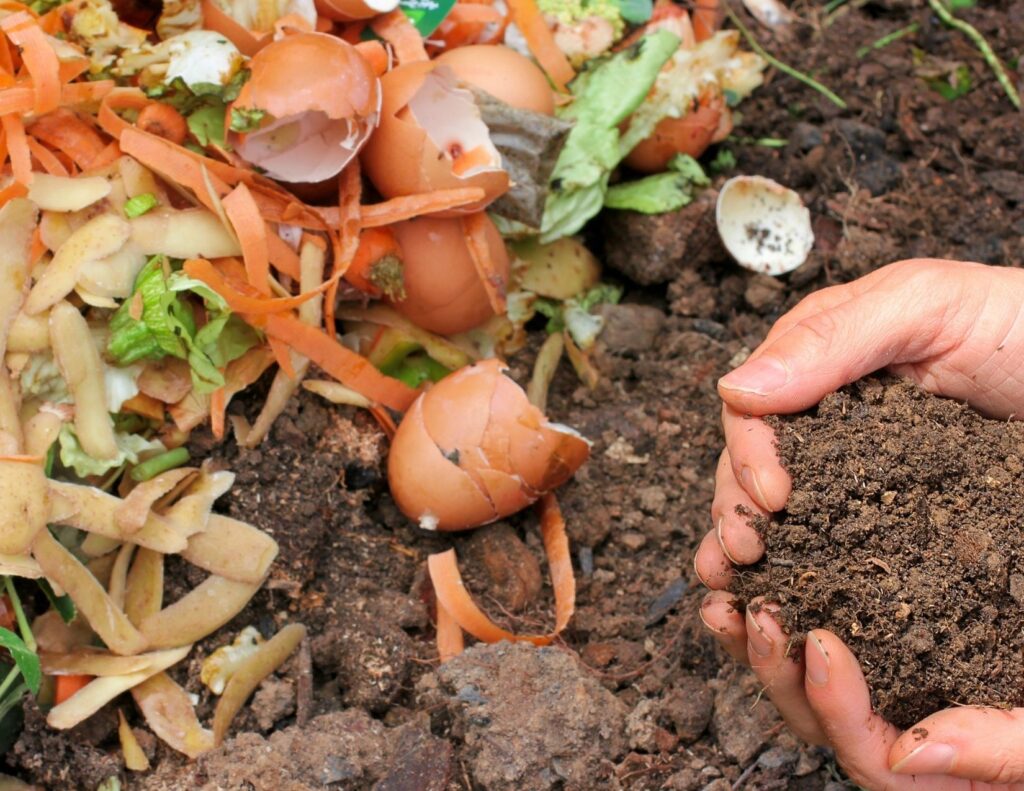
2. Use meat bones or vegetable scraps to make a broth
If you have some leftover chicken, beef or pork bones, try making a bone broth! For many years, bone broth has been used in various cultures around the world as a medicinal food. It has many health benefits including its ability to strengthen the kidneys and support digestive health. It’s also a common base for many soups and sauces. All you need to do is drop your bones into a pot and cover it with water. Add a bit of salt to season the broth, along with a couple tablespoons of acid—apple cider vinegar or lemon juice will work—to break down the collagen. Bring the water to a boil and reduce to a simmer. Cover your pot and let it cook for at least 10-12 hours. Once it has reduced by about a third, you can strain and store your broth in the refrigerator or freezer until you’re ready to use it. This works great with vegetable scraps too!
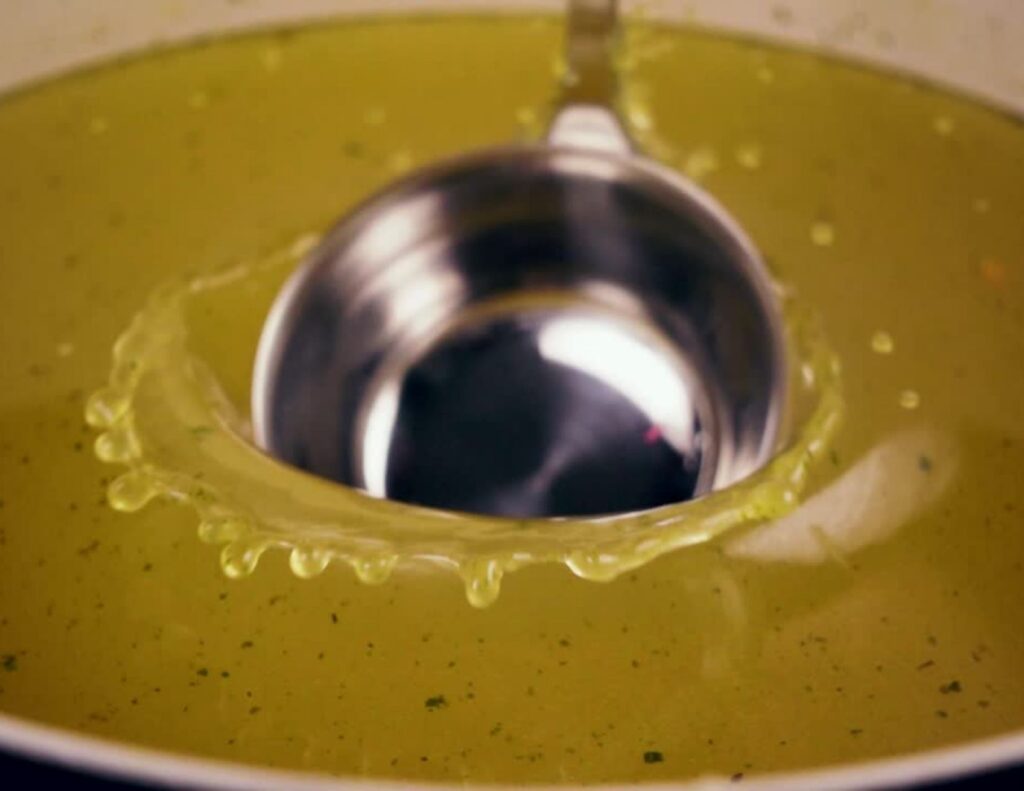
3. Make your own fertilizer
Composting isn’t the only way to create an amazing fertilizer your plants will love while reducing your food waste. You can also make banana peel tea! If you eat lots of bananas, this tip is for you. Save your peels and put them in an air-tight jar filled with water. Let it sit for one to two weeks and use the resulting liquid to water your plants. Your plants will thank you!
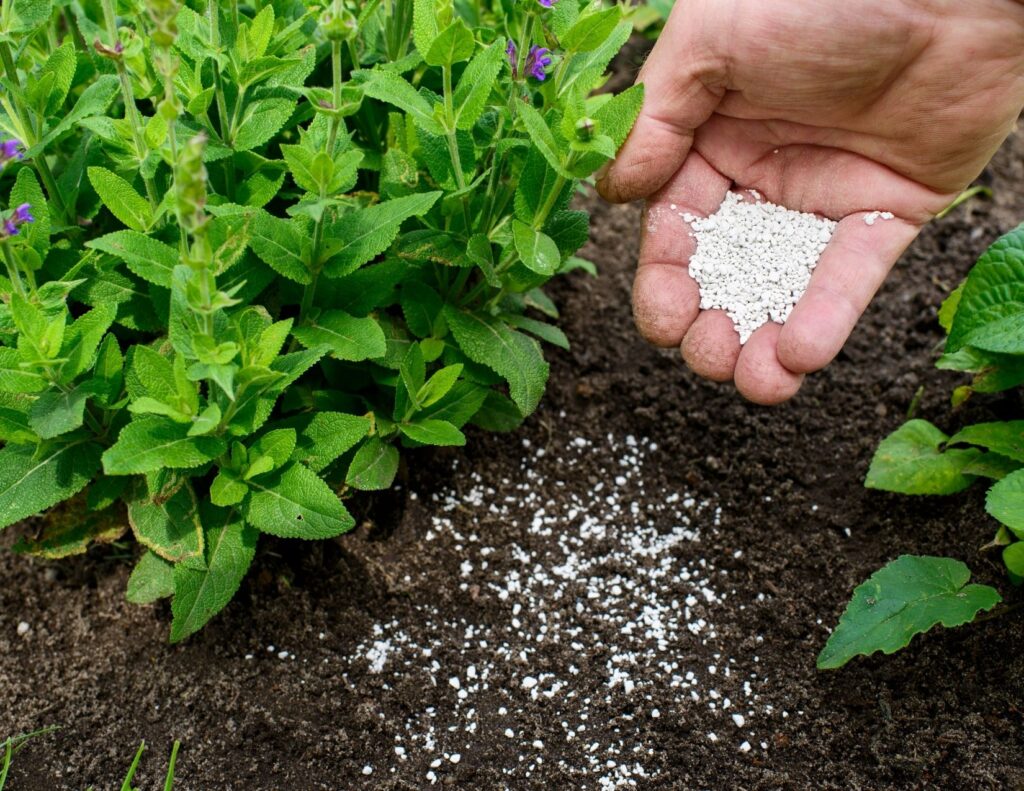
4. Freeze food to make it last longer
If you like to cook a lot of food at once, don’t let your leftovers go to waste! Freeze them to prevent spoiling. This works great for soups, sauces, seafood, fruit, meat and even milk. If you tend to buy more than you should, this will help to increase your food’s shelf life, ensuring you get your money’s worth.
